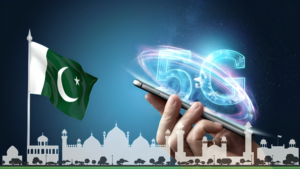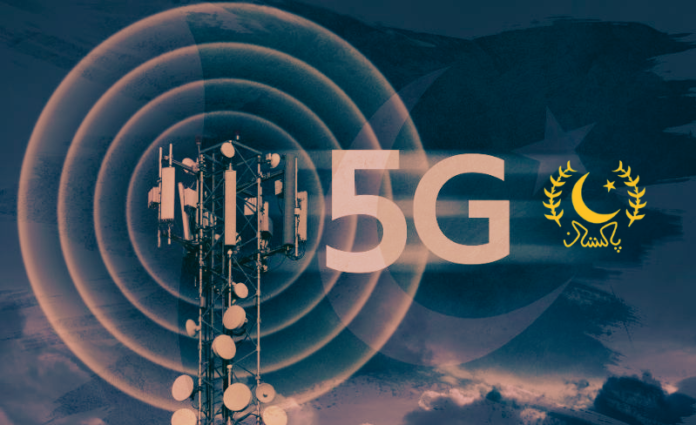The 5G launch in Pakistan is marred by economic constraints and policy shortcomings, raising concerns about the country’s readiness to embrace this next-generation technology. While global advancements in 5G accelerate economic growth and digital transformation, Pakistan faces significant hurdles that threaten to delay its rollout indefinitely.
Economic Barriers to a Successful 5G Launch
Rising Costs and Limited Investments
The 5G launch requires substantial financial commitments for infrastructure development and spectrum acquisition. However, Pakistan’s struggling economy, marked by high inflation, low foreign reserves, and currency depreciation, has deterred telecom companies from making necessary investments. Operators fear limited profitability due to the low average revenue per user (ARPU), creating a significant roadblock.
Funding Challenges for Technological Upgrades
Upgrading existing infrastructure to support 5G is both capital-intensive and technologically demanding. Telecom companies are cautious about investing in costly upgrades without clear economic incentives, leaving the 5G launch hanging in the balance.
Policy Gaps Undermining 5G Progress
Regulatory Delays in Spectrum Allocation
A critical issue hampering Pakistan’s 5G launch is the delay in spectrum auctions. High fees and the lack of a well-defined strategy for allocation have stalled progress, frustrating stakeholders and discouraging foreign investors.
Lack of Incentives and Roadmaps
Policy makers have yet to provide telecom operators with incentives or tax benefits to ease their financial burdens. The absence of a comprehensive roadmap outlining clear timelines and goals further exacerbates uncertainty around the 5G launch.
Benefits of a 5G-Connected Pakistan

1. Revolutionizing Industries
The 5G launch promises to revolutionize multiple sectors, including education, healthcare, agriculture, and e-commerce. Faster connectivity can enable telemedicine services, smart agriculture, and digital learning opportunities, particularly in underserved rural regions.
2. Boosting Economic Growth
With improved network speeds and reliability, 5G can bolster Pakistan’s digital economy, create jobs, and attract foreign investments. A well-implemented rollout could position Pakistan as a regional hub for technology-driven innovation.
Way Forward for a Seamless 5G Launch
To overcome the challenges, Pakistan needs a multi-pronged approach:
Reducing Spectrum Fees: Making spectrum acquisition more affordable for telecom operators.
Public-Private Partnerships: Encouraging collaboration between government and private entities to share the financial burden of infrastructure development.
International Support: Seeking technical and financial aid from global organizations experienced in large-scale 5G rollouts.
By addressing these issues with targeted policies and strategic planning, Pakistan can unlock the potential of 5G and secure its place in the digital future.
The 5G launch in Pakistan faces an uphill battle, but it is not insurmountable. Addressing economic and regulatory challenges while fostering innovation and partnerships can turn aspirations into reality. A unified effort is needed to ensure Pakistan doesn’t fall behind in the global race for technological advancement.
PTA Chairman Announces Official 5G Launch
In a significant development, Pakistan’s Telecommunication Authority (PTA) Chairman, Maj. Gen. (R) Hafeez Ur Rehman, has announced that the country will officially launch 5G services in the third quarter of 2024.
This rollout marks Pakistan’s entry into the global 5G race, promising faster internet speeds, improved connectivity, and transformative changes in healthcare, education, and business. The PTA is working with stakeholders to ensure a smooth transition and enhance Pakistan’s position in the digital economy.


